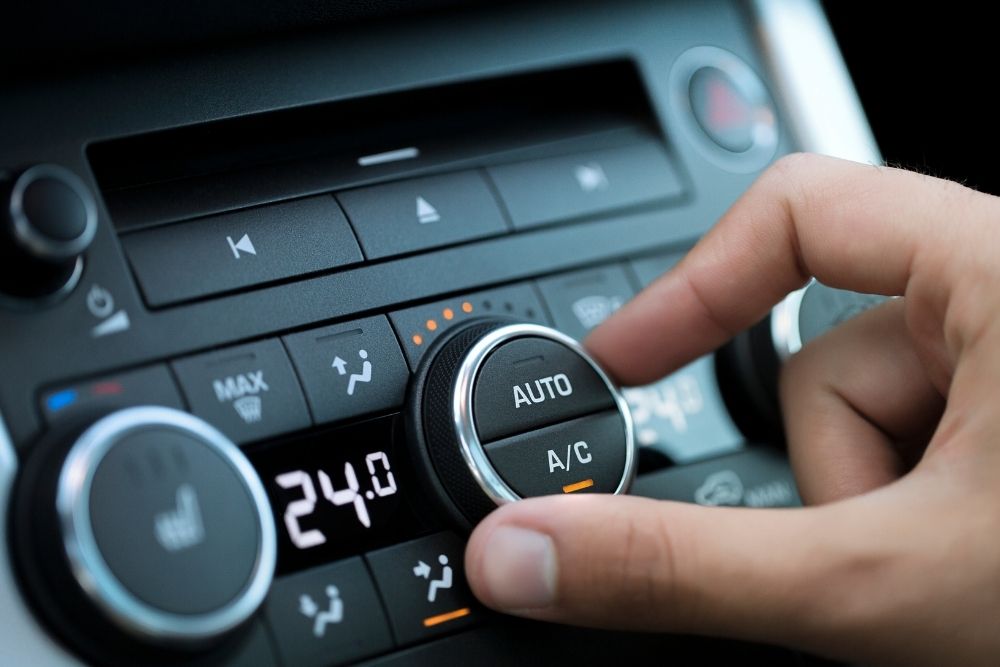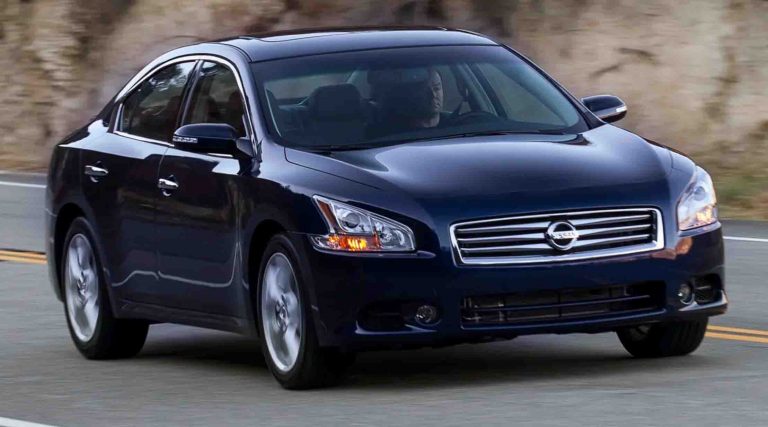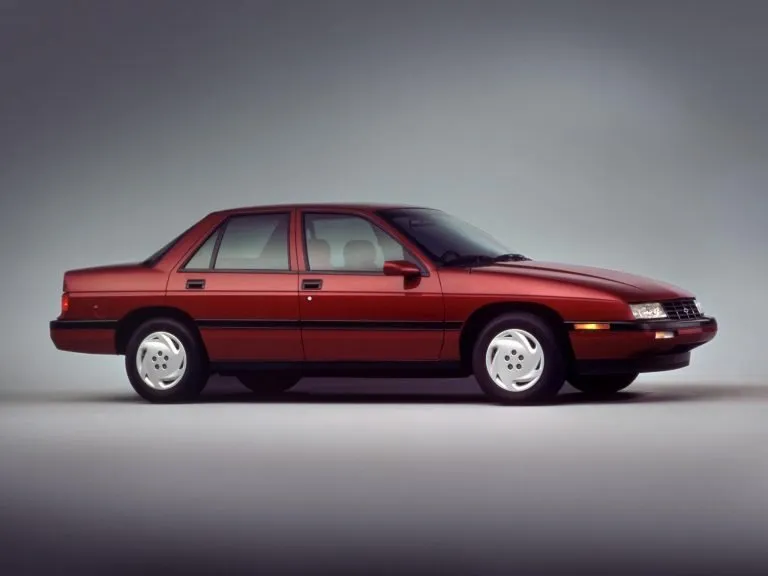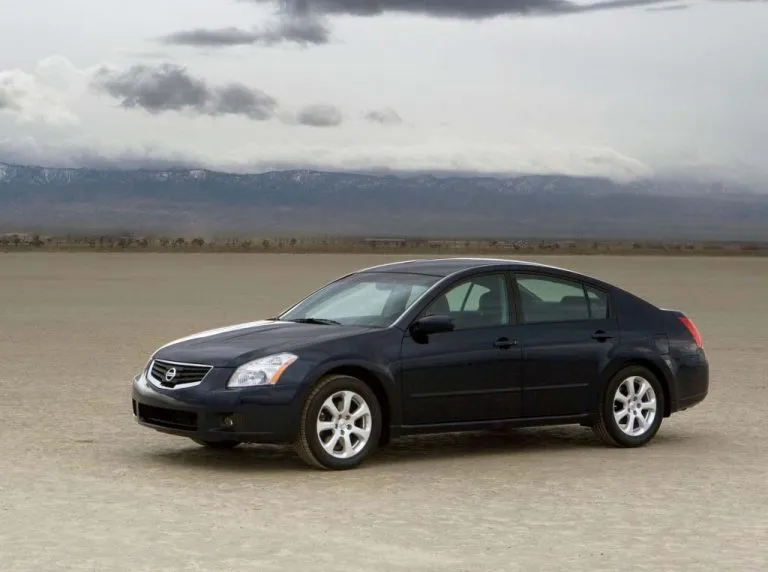Does AC Use Gas? – Ultimate Guide (Answered)
If you have ever driven a long distance in your car in the summer, you may have noticed that the gas seems to be guzzled up a bit quicker than you were anticipating. We have put together this handy article to explain why and how a car’s AC unit will increase its gas consumption and answer the age old question, does AC use gas?
Like the vast majority of your car’s features, the AC requires gas to work. There are, however, some situations where it is more fuel-efficient to turn on your AC than it is to leave it off. Before we get onto that, it is important to understand how AC actually uses your gas.
How AC Works
Generally, all car air conditioning units work in the same way and rely on the high-pressure gas refrigerant to cool down the air.
The compressor pressurizes the gas to turn it into a liquid, allowing it to easily flow down a line to a condenser which removes the heat from the now-liquid refrigerant. The condenser then pushes the liquid down to the expansion valve which gets the refrigerant back to its original gas state, before pushing the gas towards the driver.
The drier removes any moisture from the gas refrigerant and moves it to the evaporator, which pulls heat from the air passing through and passes it on to the gas refrigerant. It is this final process that creates cold air that is then blown out into the car.
This whole process relies on energy from the alternator, the part of the engine responsible for recharging the battery while the car is running – to work. The alternator is powered by the engine, which is in turn powered by gas.
It is therefore not as simple as stating that the AC uses up gas, rather the AC puts additional energy requirements on the engine which results in greater gas consumption. The end result, however, is the same and you can expect fuel consumption to increase by a fifth if you drive with the AC on blast.
AC and Fuel Efficiency
So, yes. The AC does increase gas consumption but it can also sometimes be more fuel-efficient overall to have the AC on.
If you are traveling a long distance at highway speeds – anything above 55 mph or roughly 85 kph – with the windows rolled down, you are creating enough of an aerodynamic drag effect to force the engine to work harder. A harder working engine burns more gas.

If, instead, you opt to put the AC on the engine is not working as hard. The gas required to power the AC is far less than the gas required to overcome the aerodynamic drag that occurs with the windows down. This will be a more gas-efficient way to keep cool over long distances. So, no. AC does not always use up a lot of gas.
Fuel Efficiency
If you are really keen to maximize your fuel efficiency, there are other steps you can take to make sure your gas takes you that extra mile, literally!
There are some obvious things you can do to improve fuel efficiency, such as only packing the essentials, not overloading your car, driving in a higher gear, and reducing your speed. You should also brake gradually wherever possible and try to keep as even a speed as an engine that accelerates hard will quickly guzzle up fuel.
Less commonly thought about but equally important is the quality of oil that you put in the engine. This impacts gas consumption because the engine has to work harder as the oil breaks down, the lower the quality of oil used and the longer you go between oil changes means the more gas your car will burn per mile.
You should also opt for synthetic oils wherever possible as these often contain friction-reducing additives to prevent the engine from working too hard.
You also need to be aware of the state of your tires when talking about gas efficiency as the rolling resistance of tires will take up around 15% of the overall gas consumption of your car. Make sure that the tire pressure is in the correct range, check with the manufacturer for the most reliable information, as a lower pressure means more rolling resistance and therefore higher fuel consumption.
Be sure not to reduce rolling resistance too far as you will limit the car’s ability to brake properly.
FAQs
Here are a list of frequently asked questions associated with the main question in this article, does AC use gas?
Does the AC use gas?
Yes, using the AC will use gas. This is because the engine works harder as energy is deviated to the AC to move the refrigerant around the system to create cold air.
If, however, you are driving a long, hot journey, you should put the AC on and not open the windows. This is because an open window creates a lot of drag which forces the engine to work harder than it would if the AC was on.
How much gas does the AC use?
Having the AC on full blast will increase gas consumption by a maximum of 20%, depending on the system’s efficacy and overall health. Newer models will be more efficient and use up less gas.
Does the heater use gas?
The heater in your car does use gas, but not as much as the AC. This is because the heater repurposes heat that has already been produced by the engine, meaning there are no additional requirements placed on the engine so it is not working all that much more.
How can I improve my gas consumption?
To reduce gas consumption, you should be sure to undergo regular basic car maintenance. Keeping the oil fresh and the tires at the correct pressure will help keep the gas consumption low.
You can also pack light to reduce car weight and keep accelerations gentle so the engine is not working hard.
Can engine oil reduce fuel consumption?
Engine oil can have a surprisingly substantial effect on gas consumption. The higher the viscosity of oil, the more work the engine has to put in to pump it around. If the oil is a looser texture, the engine does not have to work as hard meaning less gas will be used per gallon.
Keep in mind that synthetic oils often have friction additives to keep the oil moving freely so opt for a synthetic oil where possible.
Does car AC use gas?
In short yes, the using the AC consumes gas, this is essentially due to a few things, that all boil down to components required to produce the cool AC air needing to be powered somehow.
Essentially, the alternator needs to power the AC system in a car which is powered by the motor, that is subsequently powered by the cars gas.
Does AC waste gas?
To answer this question we need to consider different perspectives. Most people will consider the cooler air provided by AC as a much better benefit than saving a small amount of gas on a journey. Others will simply see the marginal amount of gas that is used to improve their life as a waste of money. Regardless, powering the AC will consume some of the gas in a car as it requires the engine to be running to be powered properly, unless you’re in an electric car.
On the flip side of this, using the AC may actually save you gas. On long journeys or when simply travelling above 55mph with the windows rolled down, you’re actually creating more air resistance (drag) on the car therefore making the engine work harder to maintain the same speed, consequently consuming more gas.
If you close the windows and use the AC to cool yourself down in this scenario, the aerodynamic profile of the car improves, reducing drag meaning the gas used with the windows up and AC on is far less than with the windows rolled down.
Supporting Video
If you want to watch a video that provides some supporting context around does AC use gas, please feel free to check out the video below:







